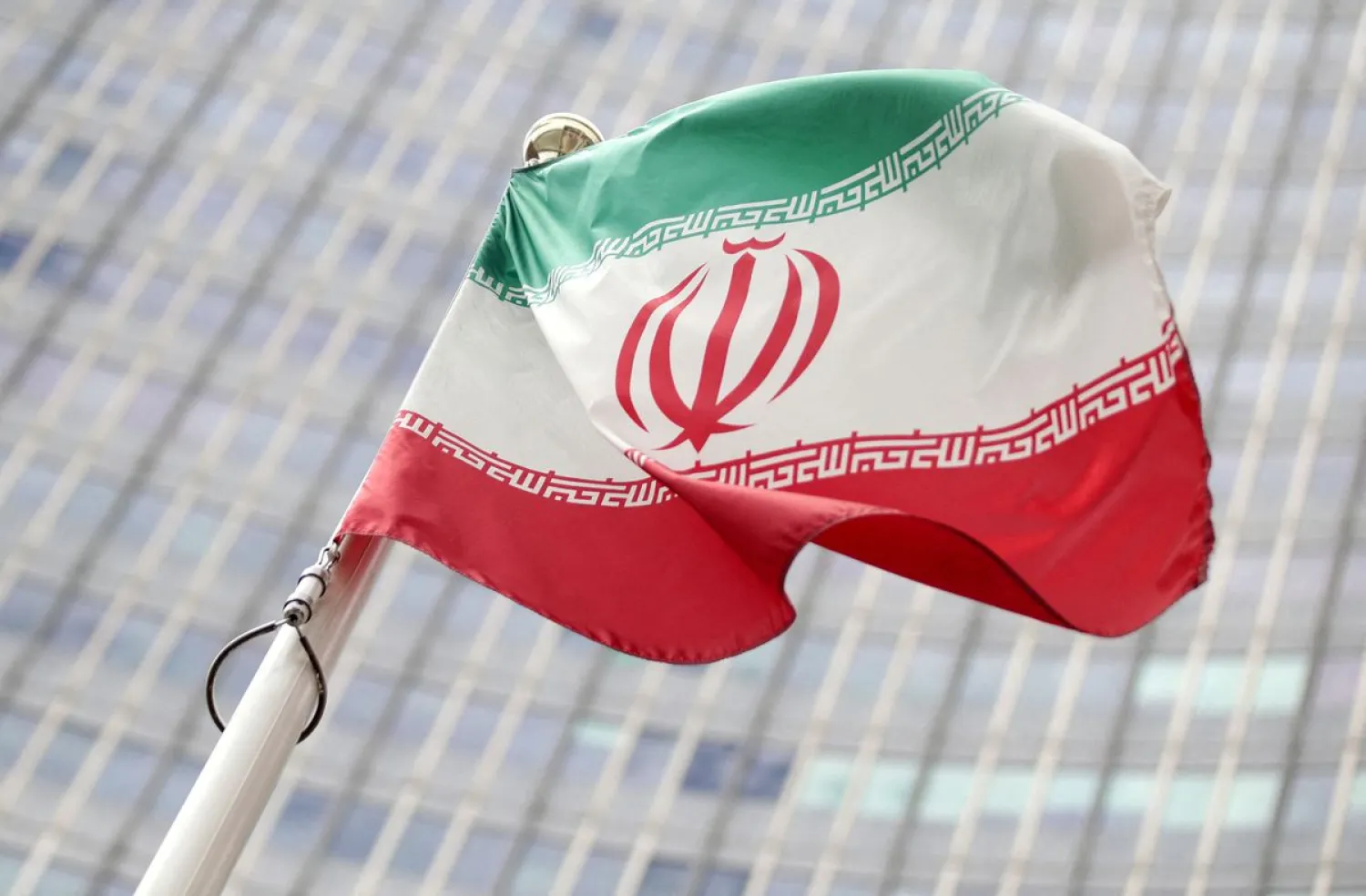The United States on Wednesday imposed sanctions on an Iran-based man and his network of companies it accused of helping Tehran obtain materials for its ballistic missile program, acting after missile attacks by suspected Iranian-backed proxies on countries in the region.
In a statement issued as talks on reviving the 2015 Iran nuclear deal have stalled, the US Treasury Department said it acted after Iran's missile attack on Erbil in Iraq and an "Iranian enabled" Houthi missile attack against a Saudi Aramco facility this month, as well as other missile attacks by Iranian proxies against Saudi Arabia and the United Arab Emirates.
The Treasury said it slapped sanctions on Iranian procurement agent Mohammad Ali Hosseini and a network of companies it accused him of using to procure ballistic missile propellant and related materials in support of Iran's missile program.
The Treasury accused him of procuring materials for the Iranian Revolutionary Guard Corps (IRGC) unit responsible for research and development of ballistic missiles. Iran's IRGC is subject to US sanctions.
A US official, who spoke on condition of anonymity, said the sanctions were not related to efforts to revive the nuclear deal under which Iran had limited its nuclear program to make it harder to develop a nuclear bomb -- an ambition it denies -- in return for relief from global economic sanctions.
"While the United States continues to seek Iran´s return to full compliance with the Joint Comprehensive Plan of Action, we will not hesitate to target those who support Iran's ballistic missile program," the Treasury's Under Secretary for Terrorism and Financial Intelligence Brian Nelson said in the statement.
Wednesday's move freezes any US assets of those hit with sanctions and generally bars Americans from dealing with them. Those that engage in certain transactions with them also risk being hit with sanctions, the Treasury said.
The companies hit with sanctions in Wednesday's action include Iran-based Jestar Sanat Delijan and Sina Composite Delijan Co. Also sanctioned was P.B. Sadr Co, which the Treasury accused of acting on behalf of Parchin Chemical Industries, an element of Iran's Defense Industries Organization also under US sanctions.
Iran conducted a March 13 attack on Erbil, the capital of Iraq's northern Kurdish region, a rare publicly declared assault by the IRGC, and a missile attack by Yemen's Iran-backed Houthi militias hit a Saudi Aramco facility on March 25.
A nascent plan for Iraq's Kurdistan region to supply gas to Turkey and Europe -- with Israeli help -- is part of what angered Iran into striking Erbil with ballistic missiles this month, Iraqi and Turkish officials say.
Last week, the Saudi-led Arab coalition said oil giant Aramco's petroleum products distribution station in Jeddah was hit, causing a fire in two storage tanks but no casualties.
The indirect US-Iran nuclear talks were close to an agreement in early March before last-minute Russian demands for sweeping guarantees that would have hollowed out sanctions imposed following its invasion of Ukraine derailed the talks.
Russia has since appeared to have narrowed its demands to cover only work linked to the nuclear deal, leaving a small number of issues to be resolved between Washington and Tehran, diplomats say.









